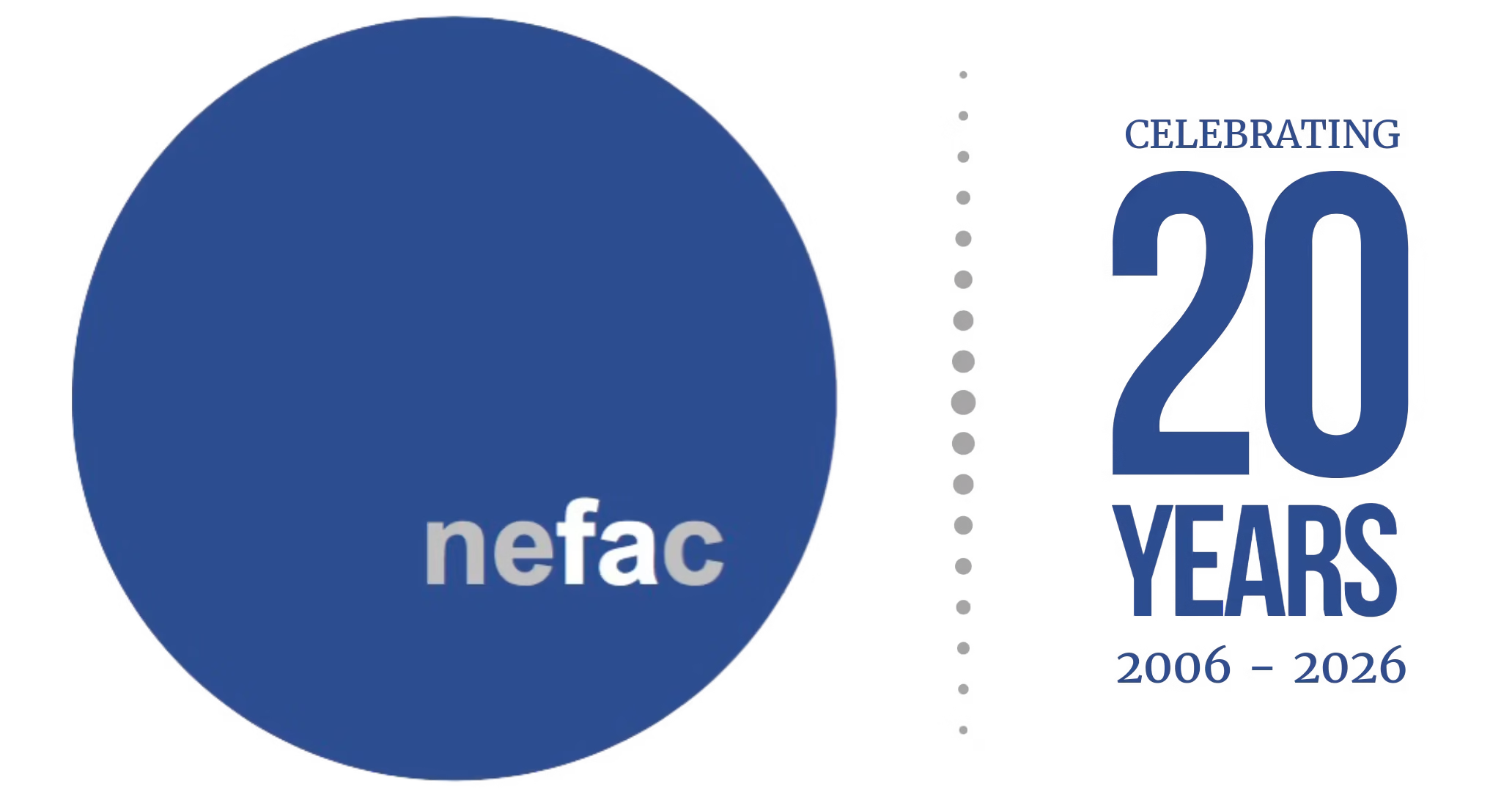By Cliff Schechtman

A teenager calls the Biddeford, Maine, Police Department and says his landlord is threatening him. An officer promptly arrives but soon leaves after determining it’s a civil issue. Three minutes later, the teenager and his girlfriend lie dead, his mother shot and the landlord about to be arrested and charged with murder.
Why did police leave the scene and what exactly did the victim tell dispatchers when he called? Did the caller say that the landlord had a gun? Did the responding officer know the landlord had a firearm?
These are some of the questions the Portland Press Herald has been trying to answer but has been stymied by law enforcement’s refusal to release the 911 tapes.
Does the public have the right to know how well law enforcement is doing its job? Apparently not in Maine. The state’s Office of the Attorney General is imposing blanket confidentiality on all transcripts of 911 calls related to homicide investigations.
The newspaper is challenging this unwritten policy of keeping 911 transcripts secret in all pending criminal cases and has filed an appeal in Cumberland County Superior Court to compel release of the documents.
York County Prosecutors say James Earl Pak, 74, of 17 Sokokis Road, shot to death Derrick Thompson, 19, and Thompson’s girlfriend, Alivia Welch, 18, on Dec. 29. Thompson’s mother, Susan Johnson, also was shot but survived.
A York County grand jury has indicted Pak on charges of murder and attempted murder.
Here are some of the reasons cited by the Maine State Police and the Attorney General’s office in their denial: Maine State Police counsel Christopher Parr wrote that the information is exempt from the right-to-know law because its release would interfere with law enforcement proceedings, would be an unwarranted invasion of privacy and would jeopardize the state’s ability to impanel an impartial jury.
Impartial jury? If that’s the standard, why, then, allow any information about police activity? Answer: Because this is a free and open society where police and court activity are matters of critical public interest.
Confidentiality? The victim who called police is dead.
Interfere with law enforcement? It’s easy to cite ‘investigative information’ as a blanket cover to keep everything secret. But then how can the public know that first responders are doing their job well? Police should not be judge and jury of the public’s right to know.
Press Herald reporter David Hench first filed a Freedom of Access Act request last month seeking a transcript of the 911 call made on Dec. 29 by Derrick Thompson, the 19-year-old who was killed.
Maine State Police and the Attorney General’s Office denied the newspaper’s initial request on the basis that releasing the information would interfere with an ongoing investigation. The Press Herald responded by requesting all 911 transcripts associated with all active homicide cases.
William Stokes, head of the Attorney General’s Office’s criminal division, says that the position of his office has been consistent and conforms with an exemption in state law that says information can be withheld if its release would jeopardize an investigation.
But that’s not what the law says, according to Sigmund Schutz, the newspaper’s lawyer. “There is a specific language in state law that says 911 transcripts are public records,” Schutz said. “If they can’t release those records, they need to say what information contained within would compromise the investigation. Then, that information can be redacted. The (state’s) position is to not release any information and say, ‘Trust us.’”
In his filing for the newspaper, Schutz accuses the Attorney General’s Office of “imposing blanket confidentiality on all transcripts of 911 calls related to homicide investigations and refusing to prepare 911 transcripts of calls where, at the present time, only a recording exists.”
Maine is in the minority on the issue. Thirty-nine states have no restrictions on the release of 911 calls or the information in them, according to the National Conference of State Legislatures. Five states, including Maine, impose some restrictions. Six states keep 911 recordings confidential.
“The long and the short of this is that … the criminal division has exclusive jurisdiction over homicide prosecutions. As chief, it is my position that the requested material constitutes intelligence and investigative information and should not be publicly released,” Stokes wrote in his response. “It is the position we have taken in every single homicide investigation. End of story.”
We’ll find out if Stokes is correct and whether the story ends here when the court takes up the case in March.
Cliff is executive editor of the Portland Press Herald. Some of the information for this piece previously appeared in the Press Herald.
